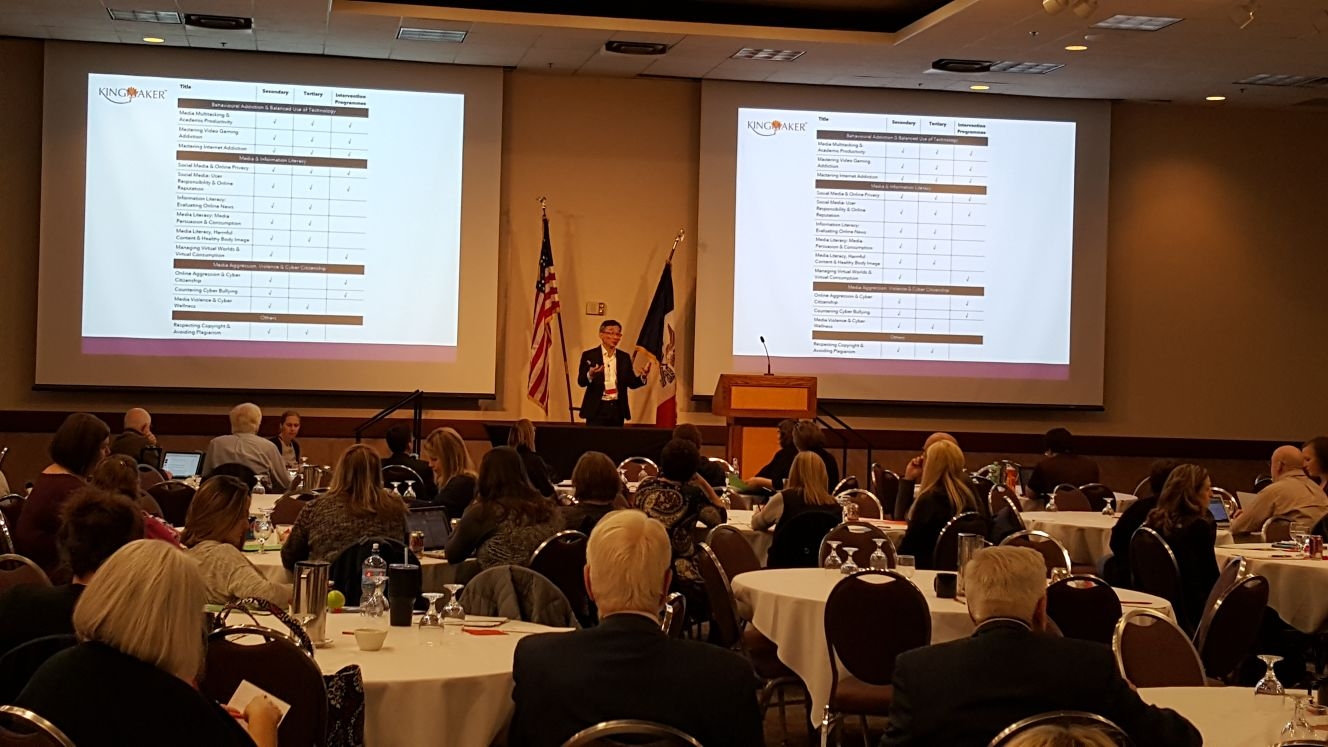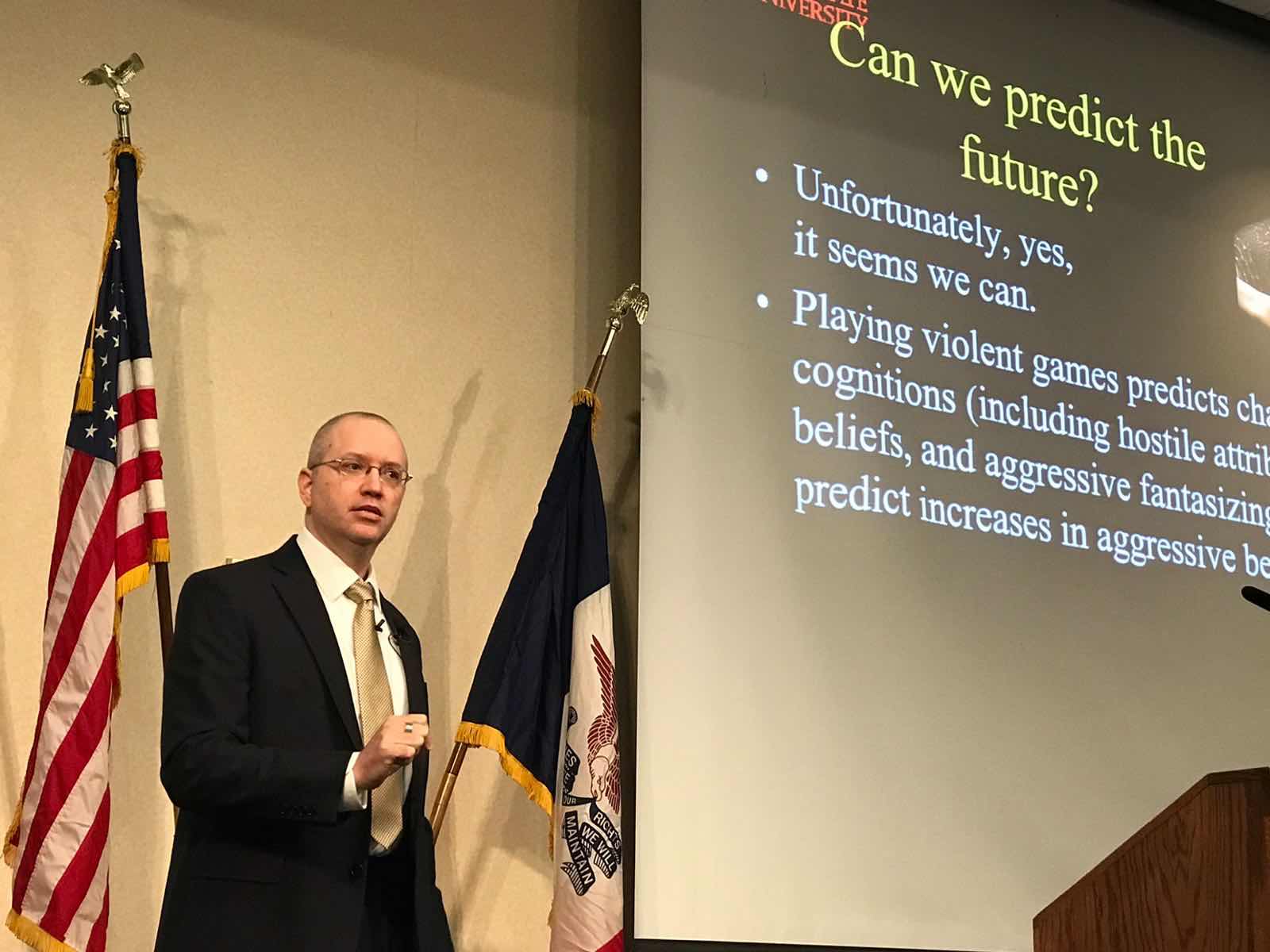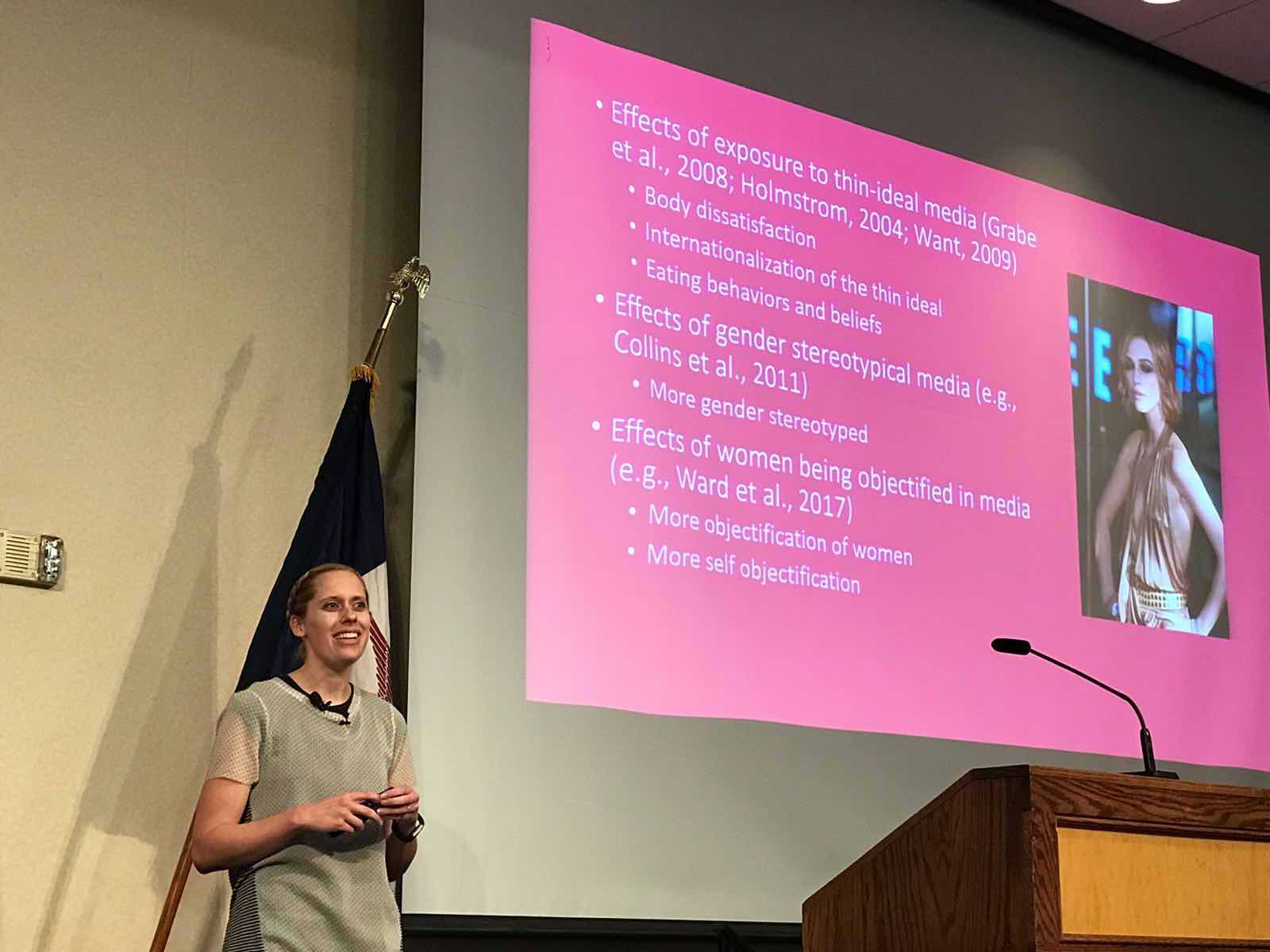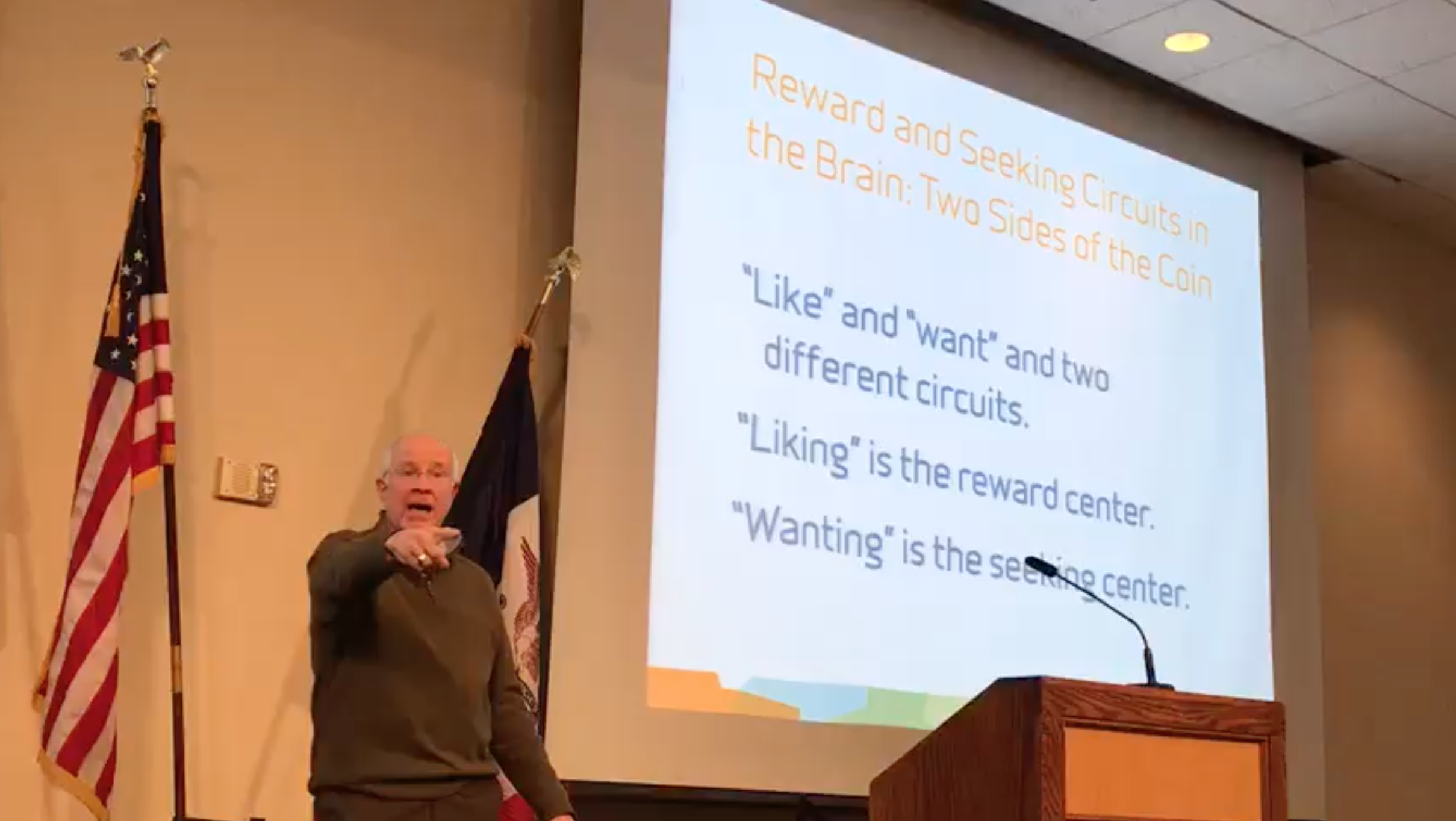Iowa Media Literacy Conference 2017
Kingmaker at Iowa Media Literacy Conference
Reproduced from blog post at kingmaker.com.sg
Media Literacy is certainly the buzzword of 2017, the world having witnessed how powerful an effect it can have on users' daily perception & thoughts. Kingmaker ended the year by showcasing her latest intervention programmes for the Educators & Social Workers of Iowa State, USA. A total of 180 participants converged upon the city of Ames & Iowa State University to hear from some of the leading names in the area of media literacy.
Leading Media Literacy Researchers & Practitioners
Topics covered
- Cutting through the Hype: Understanding the Science on Media's Influence on Youth (Dr. Douglas Gentile, PhD, Professor, Iowa State University)
- Media's Influence on Adolescent Substance Use (Tyler Oesterle, M.D, M.P.H., Mayo Clinic Health Systems)
- Princesses & Superheroes: A discussion of Gender Stereotyping and Body Image Issues in Children's Media (Dr. Sarah Coyne, PhD, Associate Professor, Brigham Young University)
- Why Digital Literacy Gives Iowa an Edge in Education (Benjamin Petty, MS, Iowa School Superintendent)
- Building Digital Intelligence (Dr. Yuhyun Park, PhD, President, DQ Institute, Singapore)
- Evidence-Based Cyber Wellness & Media Literacy Programmes (Yeang Cherng Poh, MMC, Principal, Kingmaker Consultancy)
- Digital Intelligence (Dr. David Walsh, PhD, President, Mind Positive Parenting)





Design & Validation of Intervention Programmes
Mr. Poh Yeang Cherng presented the design & validation of Kingmaker's cyber wellness intervention programmes. Starting with a live demonstration of "Screen Time & Media Multitasking: Effects on Academic Productivity", the participants were treated to a full experience of what it feels like to be engaged on the primary concern for Educators & Parents alike.
Through a series of videos, live experiments & interaction, audience were shown how Kingmaker Trainers typically engage students between 12 to 18 years old. In essence, an effective intervention programme will have successfully engaged the participant in 4 areas:
- "The problem is serious"
- "The problem affects me"
- "If I take action, I will be able to address this problem"
- "I am capable of undertaking this action"
Media Literacy Research & Development
Kingmaker looks forward to the exciting collaboration ahead in new areas of R&D:
- Development of Media Literacy programmes for Iowa State
- Design of Intervention for various Media Effects on Children


